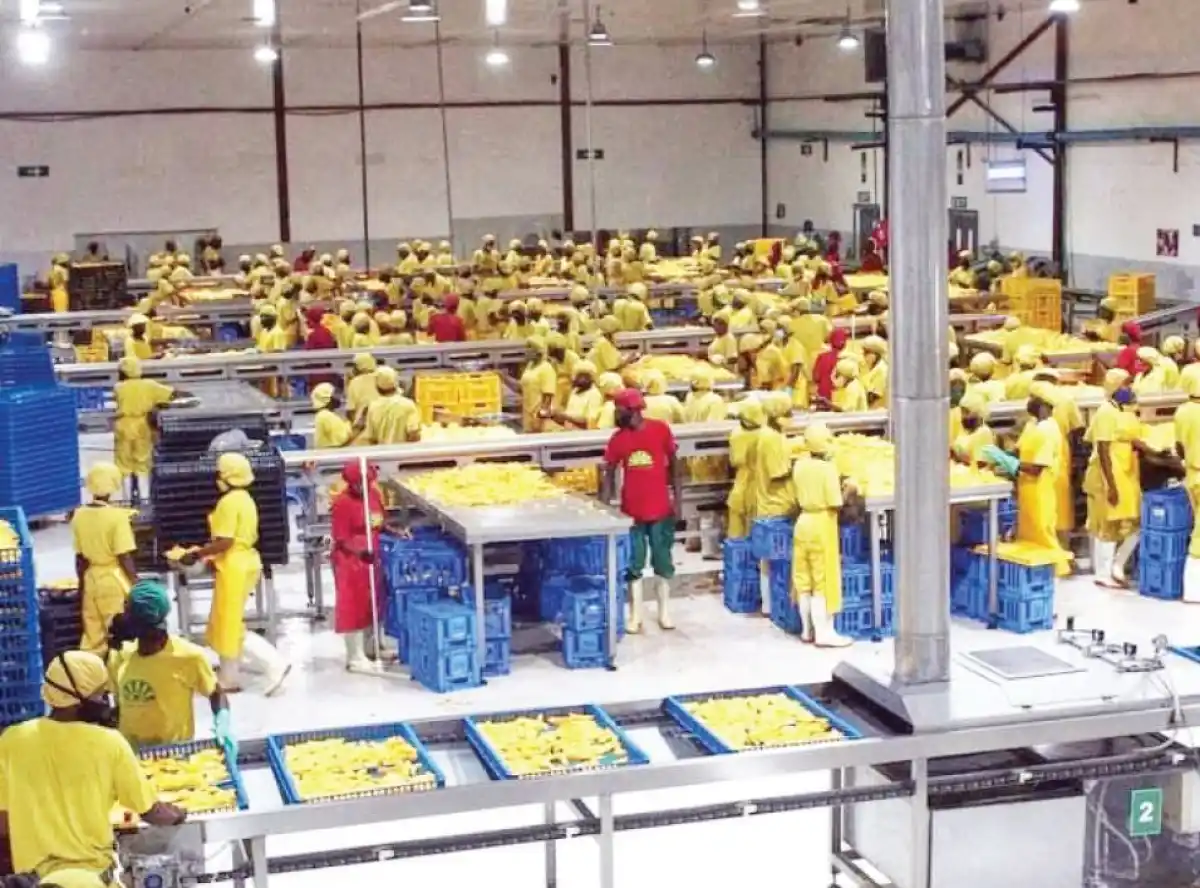
By Kingsley Jassi
The European Union (EU) has urged the authorities and Malawians to ensure strict adherence to the Extended Credit Facility (ECF) programme with the International Monetary Fund if the country is to unlock potential investment from the EU bloc.
EU Commission Deputy Director General for International Partnership, Myriam Ferran, said this in an interview when he toured one of the EU-financed investments, JCM Solar, in Salima on Friday.
She recalled that European countries had to suffer similar austerity reforms during their economic crisis but sailed through to stability and growth.
Malawi is currently struggling to sustain the programme as seen in loose and failed adherence to some performance benchmarks, delaying the first programme review to unlock the second tranche of the $175 million credit facility for balance of payment support.
“For us, respecting the programme with the IMF to bring Malawi’s economy to a sustainable path is absolutely indispensable to further attract investment.
“We understand these may be painful reforms as we went through the same when we, in Europe, faced a financial crisis in 2008. Many countries had to follow IMF programmes. We know it’s painful but this is the only way to bring back stability,” Ferran said.
She said with the narrowing fiscal space, it would not be possible for the government to borrow for investment in key sectors
“One other problem is that given the fiscal space, the government would not borrow as much as it would want, in particular for big infrastructure projects which require sovereign lending.
“So, there are a lot of projects in the pipeline and very strategic investments that would be needed but when there is no fiscal space, it makes it much more difficult for the government to borrow,” she said.
One of the objectives of the 48-month ECF programme for Malawi was to unlock more concessional borrowing opportunities for Malawi.
However, with the debt situation that has soared since the ECF programme rolled out, Malawi actually needs debt restructuring to create some breathing space.
Meanwhile, through the Global Gateway initiative, the EU seeks to mobilise up to $1.3 billion by 2027 to support Malawi’s energy transition, economic growth and job creation through concessional lending, grants and other forms of support.
The first ever forum under the initiative attracted 60 companies from EU countries to explore investment opportunities in the areas of clean energy, agriculture, tourism, among others, and, according to Ferran, follow-up discussions would determine feasibility of the potential deals yielded during the two-day event.
She was accompanied on the tour by Principal Secretary for Energy Alfonso Chikuni, who said the forum had preliminarily yielded at least $500 million for energy projects alone.
He further said the EU had indicated pumping in over $ 170 million for the long awaited Mpatamanga Hydro Power Project down the Shire River.
It requires $1.4 billion to develop.
“We think that if we can discuss [the issue], we can expand the public purse because it is a Public Private Partnership arrangement,” Chikuni said.
Chikuni also said that with the need for more base power to allow for more solar power into the grid, his ministry was working on a proper energy mix which would see more stable power sources being explored as the government has already identified a few avenues for financing.
At JCM solar farm, a 60 megawatts facility, it was learnt that the Electricity Supply Corporation of Malawi grid could only take 35 megawatts, leaving the rest to waste due the low base power.








0 Comments